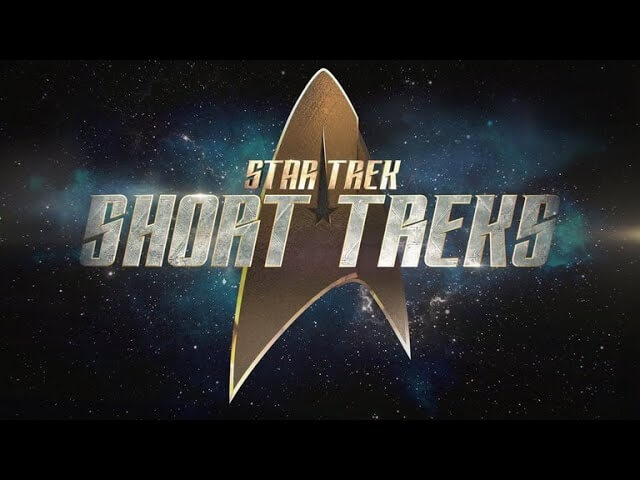Now, we’ve got a trailer (and a title—“Calypso”) for the Aldis Hodge-starring short, which depicts a lone man apparently trapped on a version of the Discovery with nobody but a giggling AI for company. The most revolutionary thing about the trailer (so far, at least) isn’t what it’s about, though, but when: A title card seen in the tease claims that it takes place “1000 years after Discovery”, which, if true, means that this is the furthest into Star Trek’s future that the franchise has ever ventured.
Now, talking definitively about the Star Trek timeline is roughly as fraught as talking politics, in terms of the inevitable endgame of someone screaming “You’re wrong” in your face until you both pass out from exhaustion. But we do know that Discovery takes place in 2256, 10 years before the original Star Trek series. Per Memory Alpha—generally viewed as a central repository for internet Star Trek knowledge—the last recorded event in Trek canon (a flash-forward to an alien civilization from an episode of Voyager) happens in 3074, which means “Calypso” has it beat by at least 180 years, at least if that title card is telling the truth.
This is mostly notable because Star Trek has been pretty temporally conservative over the last few decades; the series hasn’t pushed the timeline (the old one from before the J.J. Abrams movies, anyway) forward since Star Trek: Nemesis in 2002. But, hey: When a Pulitzer Prize-winner comes to you with a script and the desire to work in the medium of CBS All Access, you probably don’t quibble too much about letting him take your franchise’s timeline for a ride.
[via IGN]

 Keep scrolling for more great stories.
Keep scrolling for more great stories.
